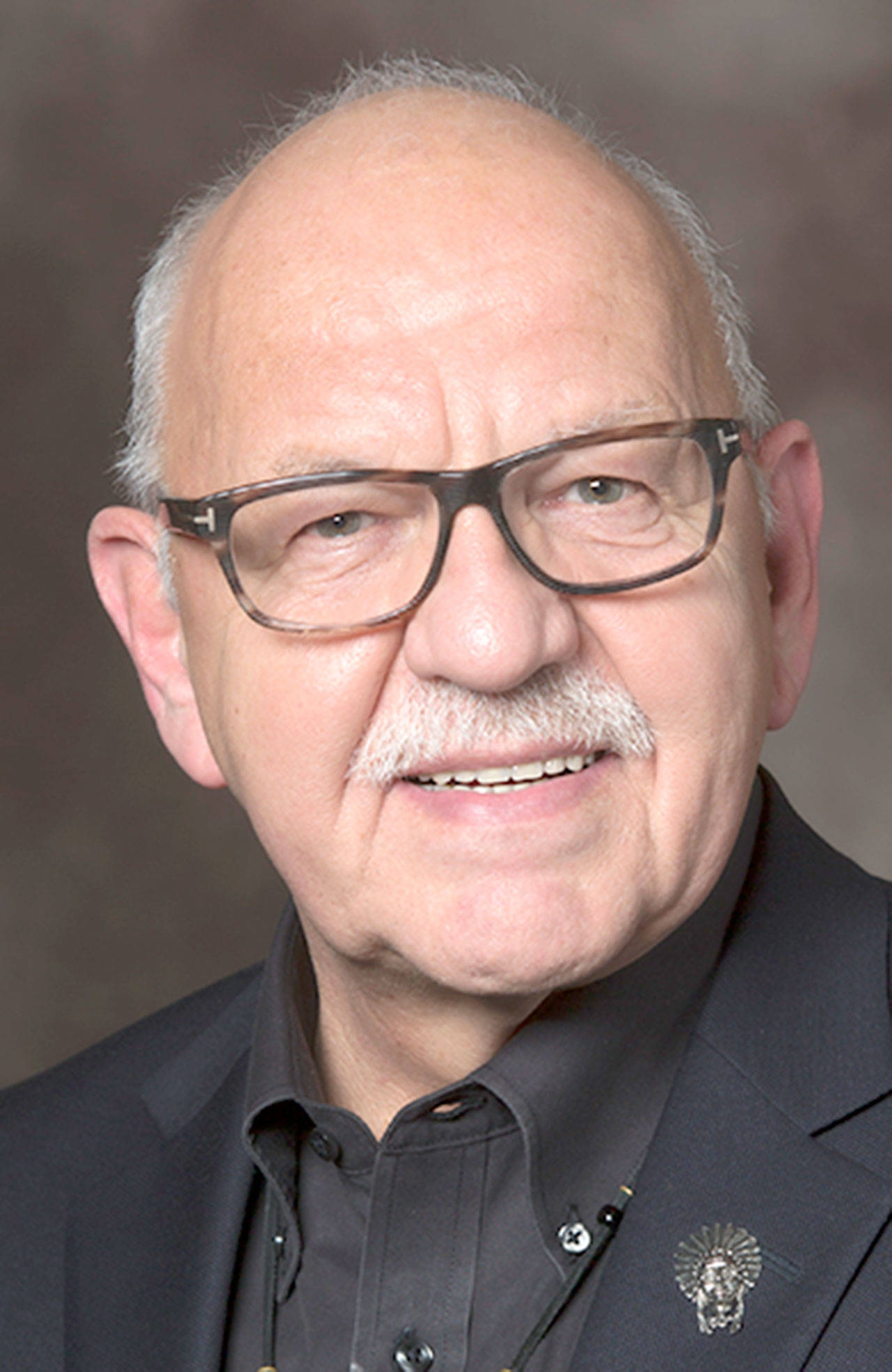The Jamestown S’Klallam Tribe has an application before Clallam County to resume shellfish aquaculture in Dungeness Bay. Unfortunately, misinformation has been circulated about the project. I write with the objective to correct the record.
Dungeness Bay is the ancestral home of the Jamestown S’Klallam people. By signing the Treaty at Point No Point, the S’Klallam people ceded millions of acres of land to the United States but reserved all rights to fishing and shell fishing within our “usual and accustomed” harvest area. The S’Klallam people have for centuries cultivated and harvested shellfish in Dungeness Bay, both before and after the State Department of Natural Resources began leasing this tideland site for commercial shellfish aquaculture in 1953.
Our tribe secured the lease in the 1990s when it purchased The Oyster House and continued operations until pollution of the inner bay, largely from upland development, forced a closure in 2005. In collaboration with many local partners, the tribe secured more than $2 million in grant funding for the express purpose of improving water quality for the Dungeness Bay to resume our oyster farm operations.
The site had been used continuously for oyster cultivation from 1964-2005; however, the environmental interruption to the aquaculture operations required the tribe to secure local and federal permits.
In May 2018, the US Army Corp of Engineers required an individual instead of a nationwide (based on published standards) permit, because of proximity to the Dungeness Wildlife Refuge. Clallam County’s permitting relies on biological evaluations conducted in the federal permit process, so the county approved a delay until the tribe had submitted the updated application materials, including the site-specific biological evaluations. All of those reports have been submitted.
‘Stewards of traditional homelands’
The tribe has two parallel goals in everything we do — to continue to be stewards of our traditional homelands so that we can continue to fish, hunt and gather our treaty resources; and to generate revenue to fund programs and services to our tribal citizens. In the process of both objectives, we have provided significant benefit to the larger community in terms of the local environment and local employment.
Aquaculture fulfills our goals, as we utilize best practices to protect the environment while growing a naturalized resource that provides marine based jobs; to grow and plant seed, harvest, package and deliver shellfish. Those jobs expand exponentially as restaurants and seafood distributors benefit from having fresh, sustainably harvested seafood.
It would make no sense economically or culturally for us to negatively impact the environment or the wildlife that has been a part of our cultural practices and values for thousands of years.
The scope of our oyster operations is small. Our application asks for a permit to plant and harvest oysters on less than 3 percent of the inner Dungeness Bay. The project will be done in phases, starting with 5 acres and expanding to 30.
There has been misrepresentation of the project by people who are generally opposed to shellfish farming in Washington. To be clear, the following practices will not be used: graveling/frosting, anti-predator netting, pesticides/chemicals, land vehicles, dredging, suspended cultivation, floats, mechanical harvest, hazing of wildlife or removal of any flora or fauna.
During our more than 50-year history of engaging in aquaculture in Dungeness Bay, no reports have ever indicated that commercial shellfish operations were incompatible or interfered with refuge functions, particularly regarding migratory birds. Our application proposes environmental monitoring and has identified mitigation strategies to avoid and reduce potential impacts to refuge wildlife and habitat.
Concerns about plastics: Oyster cultivation bags are made of high density, ultraviolet resistant plastic that degrades over decades. These bags are removed from the environment and cycled out of farm use long before the degradation process occurs. Viable plastic alternatives for commercial oyster cultivation are not presently available, but the tribe is committed to reducing the use of plastics in farming activities as new alternatives become available to the industry.
It is our intent to continue our stewardship of our ancestral river, estuary and bay, and to grow oysters as an economic driver. Who better to nurture this place than its original indigenous inhabitants?
We firmly believe that our Jamestown S’Klallam Tribe and everything we do in our community is based on culturally and environmentally sensitive balance for growth including the transition from old 19th- and 20th-century practices to more effective and responsible 21st-century technology and techniques.
W. Ron Allen is Tribal Chairman/CEO of the Jamestown S’Klallam Tribe.



